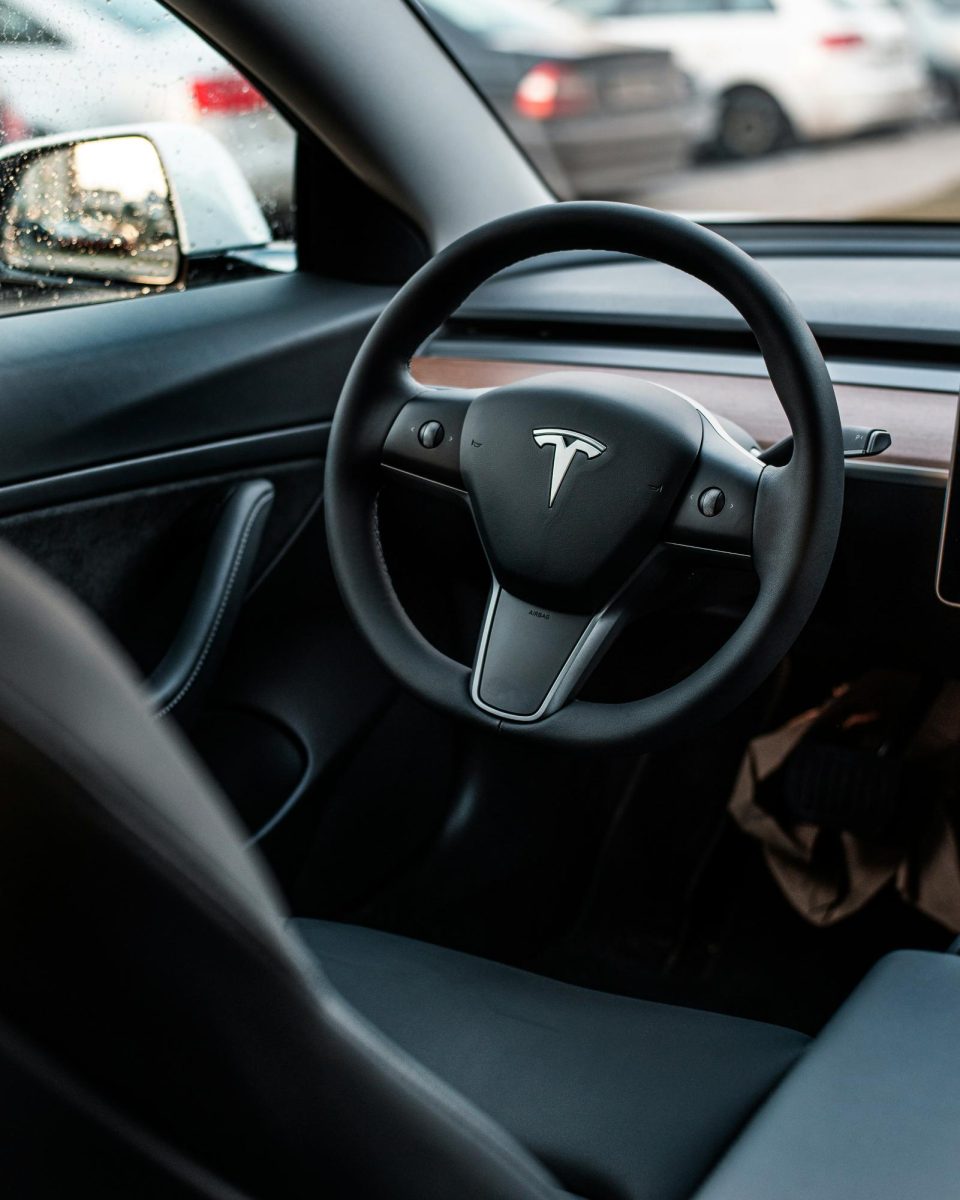This article is part of a recent series on the latest technological advancements. Read more in the series to help understand how technology is changing society.
What does the future hold? A typical thought essentially every individual has thought about at least once. The future is the unknown. Still, as more things transpire around us, the more we should anticipate about the future.
Elon Musk is a world-renowned billionaire famous for his involvement as the CEO of Tesla. And Musk has just announced that self-driving cars are arriving in 2025.
According to The Guardian, Tesla CEO Elon Musk has unveiled the company’s robotaxi Cybercab, promising it will cost less than US $30,000, and announced plans to bring autonomous driving to its Model 3 and Model Y cars in California and Texas by next year. This astonishing announcement has shocked many.
Specifically, Tesla’s Model 3 and Model Y vehicles in California and Texas will move from supervised to unsupervised self-driving. The implications of these new advancements are vast and will undoubtedly affect the workforce surrounding driving for money.
According to CNET, the new software update FSD, is also more advanced than Tesla’s Autopilot feature, and Tesla owners must pay a monthly subscription. Earlier this year, Musk mandated Tesla staff to “install and activate” FSD software for every new customer and to give a “short test ride.” These latest updates are practically turning cars into computers. For example, the new updates surrounding car software are like the updates we get on our phones and computers.
However, there have been some speculations and worries regarding self-driving cars. GM-owned Cruise, suspended indefinitely in California last year after one of its driverless cars hit a jaywalking pedestrian, has also resumed operating manual and supervised rides in certain cities. This increases concerns about the safety and intelligence of these computers called cars. These cars are essentially missing the EQ and IQ aspects of human beings in dangerous situations.
Many CCHS students are driving Teslas, like sophomore Manaia Poumele. She has recently started driving her Tesla and is curious about what will happen with driverless cars. Poumele states, “Yes, I would trust a self-driving car, though it depends on circumstances, where it would take me, and the surroundings during that drive.” Poumele explained her level of comfort would have to depend on how long the drive would be and if there would be pedestrians around during those drives. Poumele also clarified whether this prototype will be on the roads in 2025: “Definitely, due to the significant upgrades on recent electric cars, with more advanced qualities that go beyond self-driving.” In conclusion, Poumele would trust self-driving cars, but she clarified that people would need the experience to be in that kind of car; she also stated that there should be an age limit for self-driving cars. She said they should not be driving kids around.
Overall, these new advancements to Tesla and its car models are going to change a lot of lives in helpful and harmful ways. Entire workforces will be replaced, and jobs will be taken. Some may say these cars are not to be trusted, and others will be the first to put their money down. So the question is, will you purchase one of these cars?























































Lucy M • Dec 16, 2024 at 9:20 AM
Even though it’s probably true (because AI could definitely have a more consistent and well rounded understanding of road rules), it’s really hard to accept that a robot could more safely drive a car than a human. We do all get on planes that are primarily piloted by auto pilot, but the fact that there are real human pilots up there too makes it feel better.
Liesel • Dec 12, 2024 at 12:29 PM
Super great article!! I can definitely relate to being skeptical about self driving cars because I have used the self driving software on a Tesla and it is a little scary sometimes because I feel like I’m not in control of the vehicle and I’ve heard about some flaws in the system. However, I feel like it can keep people safe on the roads because it limits reckless driving.